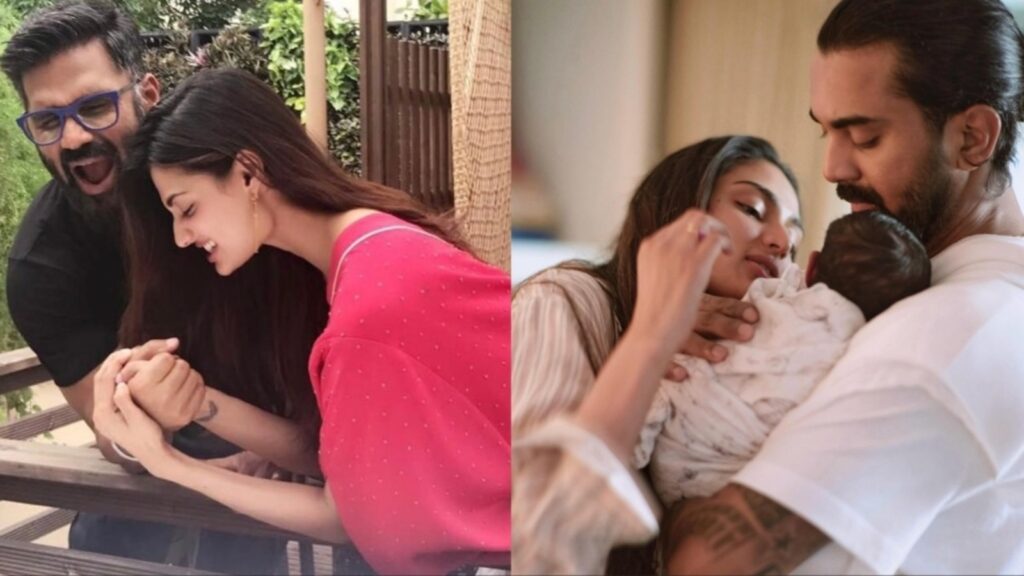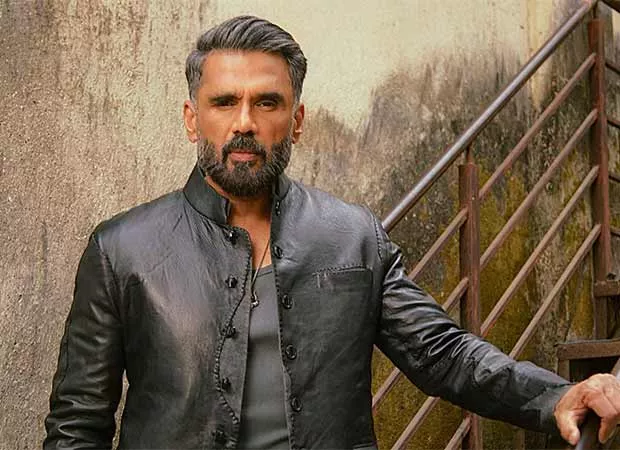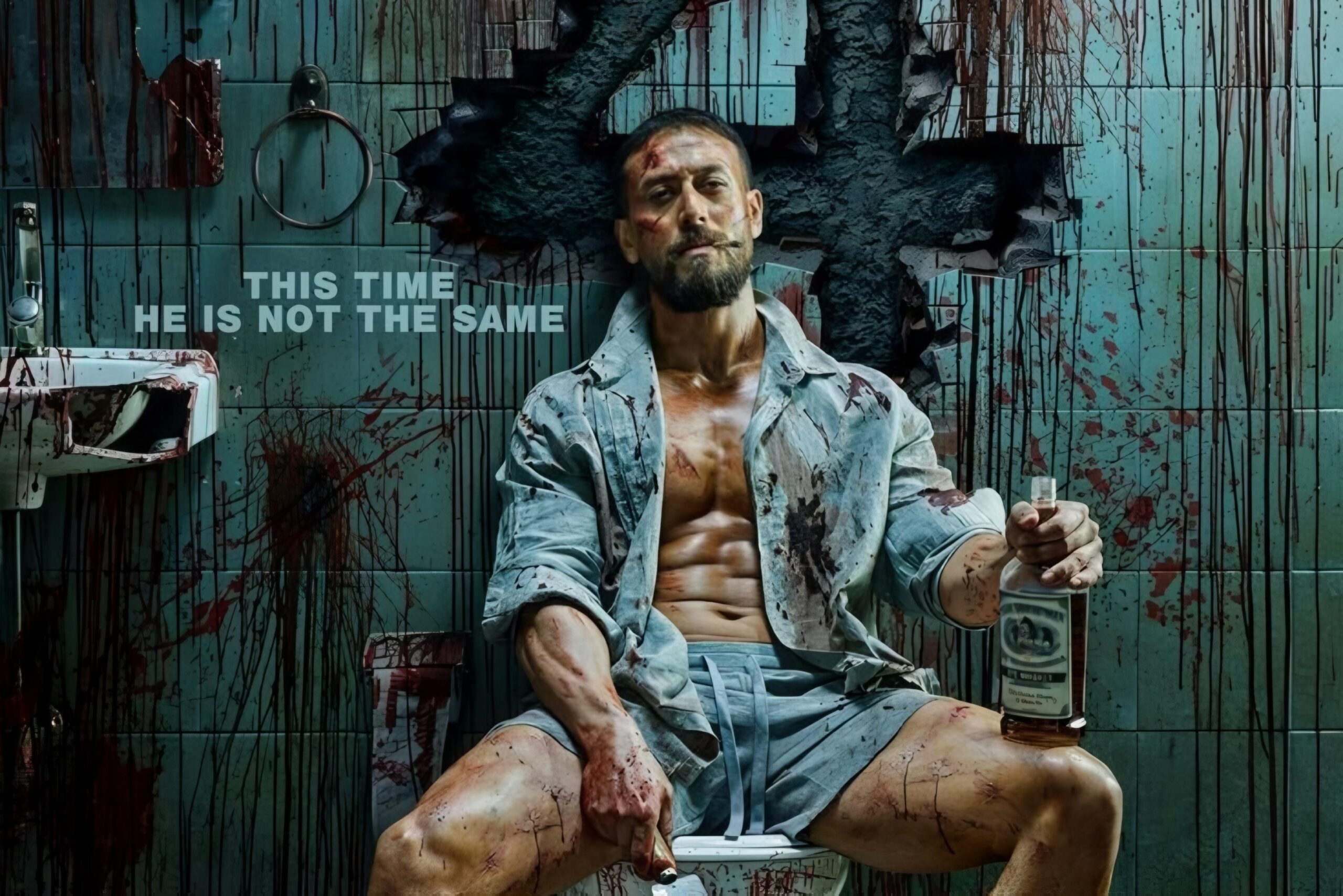
In a world where celebrities often get praised or criticized for the smallest of things, veteran actor Suniel Shetty found himself in the eye of a storm this week. The actor recently expressed his pride in daughter Athiya Shetty for choosing a natural delivery over a C-section, and while his sentiment was possibly rooted in personal belief and emotion, the internet had a mixed — and largely critical — response. His statement, “I’m proud of Athiya for not choosing the comfort of a C-section,” unintentionally opened a can of worms regarding the stigmatization of medical choices, particularly for women.
At first glance, the statement might seem like a father expressing pride in his daughter’s strength. But social media users were quick to point out how such phrasing can undermine the legitimacy of C-section deliveries — a medical procedure that, for many women, isn’t about “comfort” but necessity. Responses poured in across platforms with sentiments like, “C-section isn’t done for the comfort,” and “Why do women have to prove their strength through pain?”
The real issue here isn’t just about Suniel Shetty’s words — it’s about the broader societal mindset that often glorifies suffering and undermines medical interventions. In India, especially, there’s a deeply rooted narrative that natural childbirth is somehow more “authentic,” more “womanly,” and even more “courageous.” This narrative, however, is outdated, and in some cases, dangerous. Women who undergo C-sections — whether planned or emergency — do so based on a range of medical, physical, or personal reasons. It is not a shortcut or a “comfortable” option, as some might wrongly assume.
Celebrities hold massive influence in shaping public opinion. Their words travel faster and wider than most, and therefore, it’s important for them to choose their expressions with care. Suniel Shetty, known for his grounded personality and family values, likely didn’t intend to demean C-sections. But his comment unintentionally echoed a message that could pressure women into feeling guilt or shame over medically required procedures.
Let’s also not forget, childbirth in any form — vaginal or cesarean — is deeply personal and equally courageous. Women go through immense physical and emotional changes, and to rank their experiences based on the type of delivery is not only unfair but also insensitive. By portraying natural delivery as more “worthy” of pride, it invisibly casts a shadow over millions of mothers who braved C-sections to ensure a safe birth for themselves and their babies.

The backlash against Suniel Shetty’s remark highlights a growing awareness in society — a shift where people no longer accept old-school ideals without question. Today’s audiences are educated, empathetic, and quick to call out commentary that doesn’t align with inclusive or informed thinking. And this isn’t about “cancel culture”; it’s about evolving perspectives and encouraging more thoughtful discourse.
That said, public reaction should also come with empathy. Suniel Shetty might not have intended to offend anyone, and the conversation should remain focused on education rather than vilification. Instead of trolling or attacking, there’s an opportunity here to raise awareness about why all birth stories — natural, assisted, induced, or surgical — are valid and beautiful in their own right.
This moment in the spotlight is more than a headline — it’s a reflection of how we need to reframe our societal attitudes towards motherhood and childbirth. The focus should be on supporting women, trusting their choices, and normalizing every kind of birth without unnecessary glorification or judgment. If a mother and baby are healthy and safe, then the method should be secondary.
As the debate simmers down, let’s use this as a reminder to foster a culture of support, inclusivity, and understanding. Whether it’s a celebrity or a common person, every woman’s birthing journey deserves respect, not comparison.



